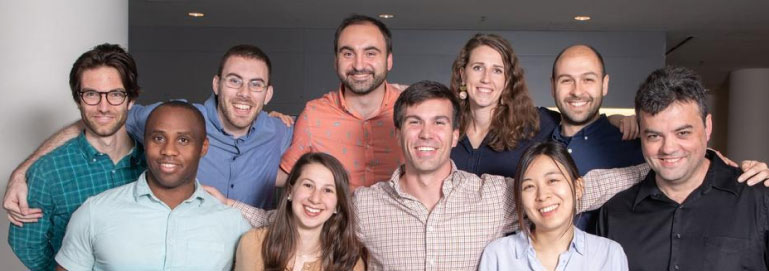A Brief History of the BHI
The Black Hole Initiative (BHI) is an interdisciplinary center at Harvard University involving a collaboration between Principal Investigators (PIs) from the fields of Astronomy and Astrophysics (Sheperd Doeleman, Avi Loeb, Ramesh Narayan, and Priyamvada Natarajan), Physics (Andrew Strominger, Netta Engelhardt), Mathematics (Shing-Tung Yau) and Philosophy (Peter Galison).
The BHI is the first center worldwide to focus on the study of black holes. As such it offers a unique naming opportunity for potential donors.
Fittingly, the Black Hole Initiative was founded 100 years after Karl Schwarzschild solved Einstein’s equations for general relativity – a solution that described a black hole decades before the first astronomical evidence that they exist. As exotic structures of spacetime, black holes continue to fascinate astronomers, physicists, mathematicians, philosophers, and the general public, following on a century of research into their mysterious nature.
The BHI is generously funded by the John Templeton Foundation and the Gordon and Betty Moore Foundation. Harvard University allocated office space for the BHI on the second floor of 20 Garden Street in Cambridge, Massachusetts. The BHI is an independent Center within the Faculty of Arts & Sciences at Harvard University, involving a collaboration between the Astronomy, Physics, Mathematics, History of Science, and Philosophy departments at Harvard as well as the Smithsonian Astrophysical Observatory.
Among its activities, the BHI holds a weekly lunch+colloquium forum on Mondays at 11 am in the BHI Conference Room.







